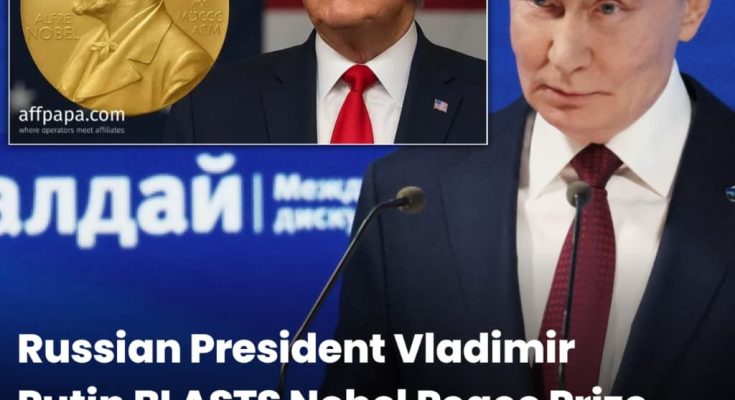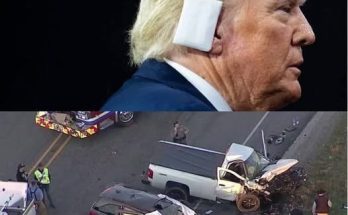President Trump Thanks Vladimir Putin After He Calls the Nobel Peace Prize “Lost Credibility,” Praises Trump’s Efforts to Solve Global Crises
A rare moment of political crossover unfolded this week when Russian President Vladimir Putin publicly criticized the Nobel Peace Prize committee and praised U.S. President Donald Trump for his global efforts—prompting a grateful response from Trump himself. The unusual exchange, which immediately went viral across social media, came just days after the Nobel committee awarded the 2025 Peace Prize to Venezuelan opposition leader María Corina Machado, a decision that reignited debates about the award’s fairness and credibility.
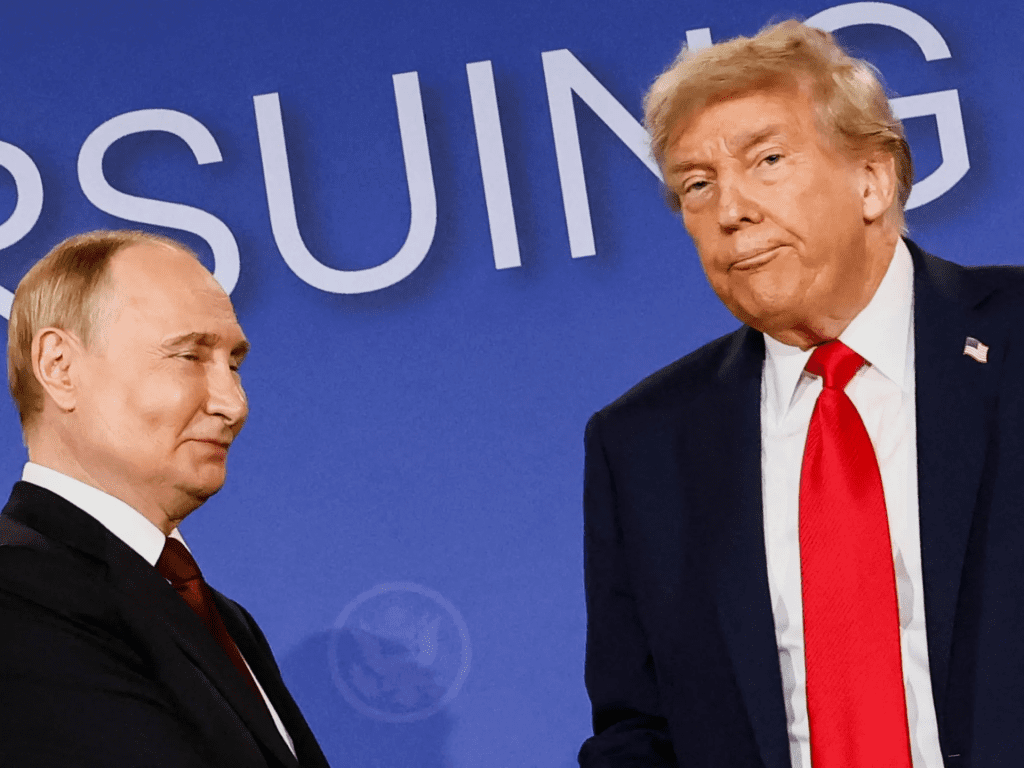
In his televised comments, Putin said there were “cases when this committee discussed the Nobel Peace Prize for people who have done nothing for the world.” The Russian leader’s blunt criticism struck a chord with many who have questioned the politicization of the award in recent years. He went further, referring indirectly to Trump by saying, “Is the current president of the USA worthy or unworthy? I don’t know. He really does a lot to solve such complex problems, crises that last for years or even decades. He sincerely aspires for this crisis in Ukraine to be resolved.”
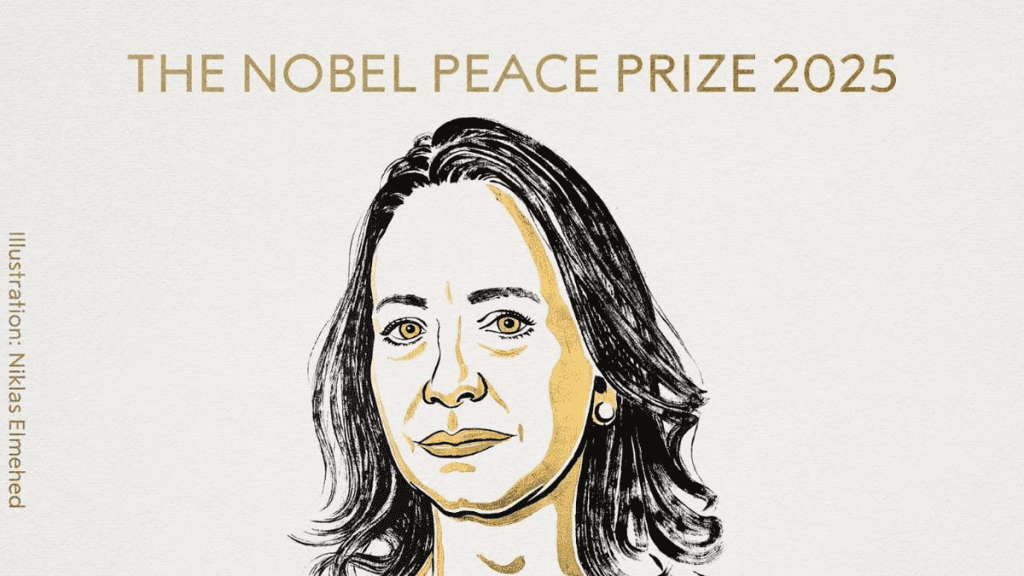
Moments later, Trump responded on Truth Social with a post thanking Putin. “Thank you to President Putin!” Trump wrote. “This award lost credibility. The committee discussed the prize for people who have done nothing for the world. He solves complex problems, crises that last for decades.” The post included a clip of Putin’s speech and quickly gathered millions of views, spreading across both American and Russian media outlets.
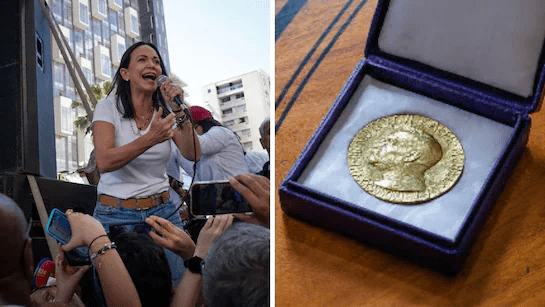
The interaction adds another chapter to Trump’s long-running tension with the Nobel Peace Prize institution. During his first term, he repeatedly expressed disappointment at not being recognized for brokering the Abraham Accords—historic normalization deals between Israel, the UAE, and Bahrain. Supporters have long argued that those agreements marked one of the most significant peace achievements in the Middle East in decades. The 2025 snub only deepened Trump’s sense that the Nobel committee favors political symbolism over tangible peace efforts.
This year’s award to María Corina Machado, Venezuela’s prominent opposition figure, was hailed in Europe as a celebration of democratic struggle but criticized elsewhere as overtly political. Trump’s allies seized on Putin’s comments as validation that global leaders, even adversaries, recognize the “double standards” in how the West defines peace and leadership.
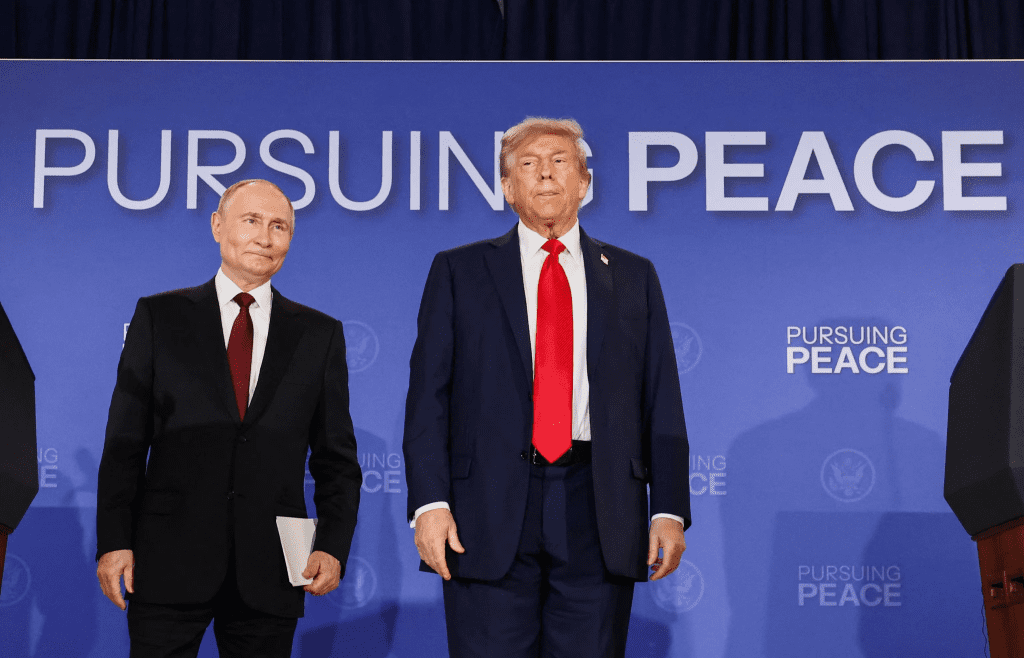
Inside Washington, reactions were divided. Supporters praised Trump for maintaining diplomatic composure while critics warned that his public gratitude toward Putin could be interpreted as an endorsement of an authoritarian leader. Yet, the reality is more complex: Trump’s Truth Social message came amid his administration’s attempts to recalibrate relations with Moscow by reducing U.S. aid to Ukraine and encouraging direct negotiations.
Analysts say Putin’s remarks may have been strategic—an effort to position himself as a pragmatic statesman while signaling appreciation toward a U.S. president seen as more open to dialogue. Kremlin aides have previously hinted that Moscow would support Trump’s Nobel nomination if he pursued peace talks that could de-escalate the Ukraine conflict. Whether that was genuine praise or political maneuvering remains to be seen.
What’s clear is that this moment—an American president thanking a Russian counterpart for a statement about global credibility—captures the turbulent realignment of world politics. Trump’s base has framed the episode as proof of international respect for his leadership, while detractors call it another sign of his disregard for diplomatic boundaries.
The Nobel Peace Prize, once a near-universal symbol of virtue, has increasingly become a reflection of ideological divides. From Barack Obama’s early award to subsequent controversies surrounding winners tied to ongoing conflicts, its prestige has suffered repeated blows. Putin’s blunt words, echoed and amplified by Trump, have now thrust that debate back into the global spotlight.
As the video of Putin’s comments continues to circulate online, Trump’s post serves as both gratitude and challenge—a statement that he still sees himself as a figure of global consequence, deserving of recognition not from committees, but from the world’s most powerful players themselves.
